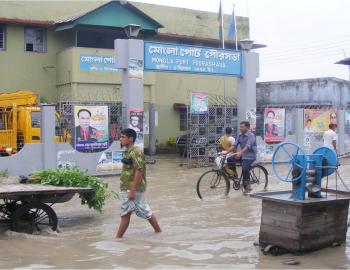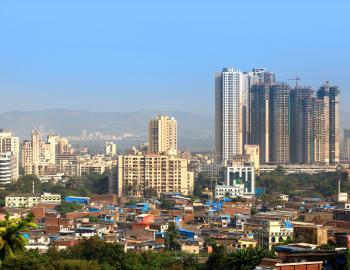Africa’s urban land markets: piecing together an economic puzzle
Africa’s urban land markets: piecing together an economic puzzle
Understanding the urban land market is like putting together a puzzle. It requires searching for clues and piecing together bits that do not quite seem to fit; like putting together pieces from different jigsaw puzzles without always knowing whether each piece is exactly in its place or what the final puzzle will look like.
Despite the complexity, there is a logic at work, and that logic is something that can be understood well enough to grasp the many possible outcomes that markets produce.
The complex urban land market is made up of many forces, elements and players. Across sub-Saharan Africa, where rapid urbanisation is the norm, it is an arena where governments, private developers, traditional authorities, land owners, slum dwellers, tenants and other urban actors create living and working spaces like housing, schools, hospitals, offices, markets and other business premises.
There are interventions that can harness the power of the market for the benefit of poor people as well as the entire society, reducing the number of losers. It is essential that policy-makers, non-governmental and private actors in the urban domain understand how land and development interventions shape market outcomes.
The focus of this handbook is to explain basic economic theory relating to urban land markets in Africa and, by using examples, to show how land markets actually work in African cities.
The study observes that:
- the state is often complicit in irregular and corrupt practices around land in ways that benefit an elite minority
- much of the growth in urban markets on the continent occurs in peri-urban areas, where state regulation and management are limited
It is therefore recommended that to develop effective urban land policies in which poor people can participate, interventions will need to recognise the multiple actors in the urban land sector. This implies a shift in how policy-makers conceptualise the management of urban land markets. There is a need to move from traditional mechanisms (which see the state as the sole authority in charge of regulating land markets) to involving alternative regimes of authority, both recognised (for example, traditional authorities) and not recognised by the law.



